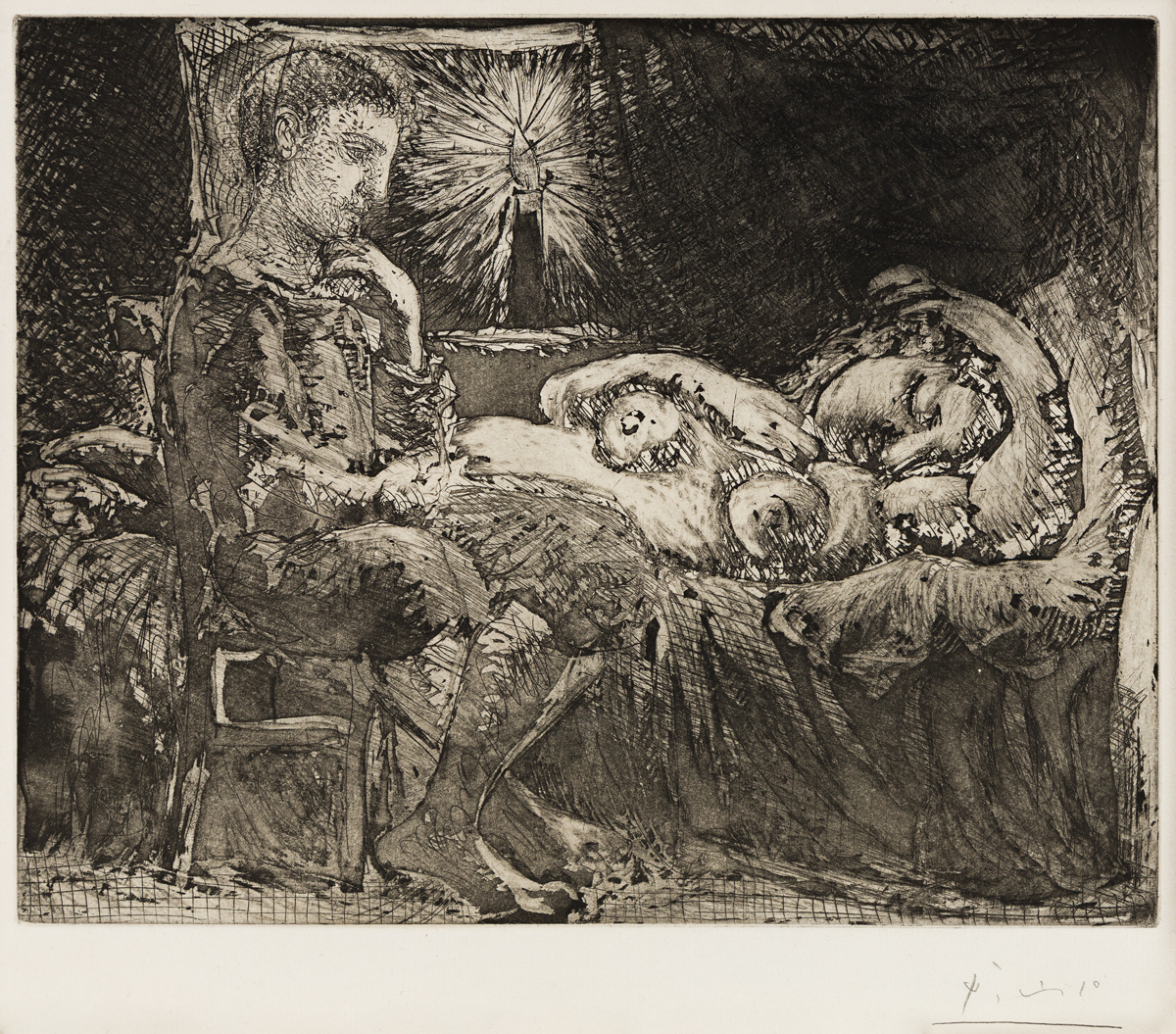Sale 2550 - Lot 316
Unsold
Estimate: $ 20,000 - $ 30,000


Aliquam vulputate ornare congue. Vestibulum maximus, libero in placerat faucibus, risus nisl molestie massa, ut maximus metus lectus vel lorem.